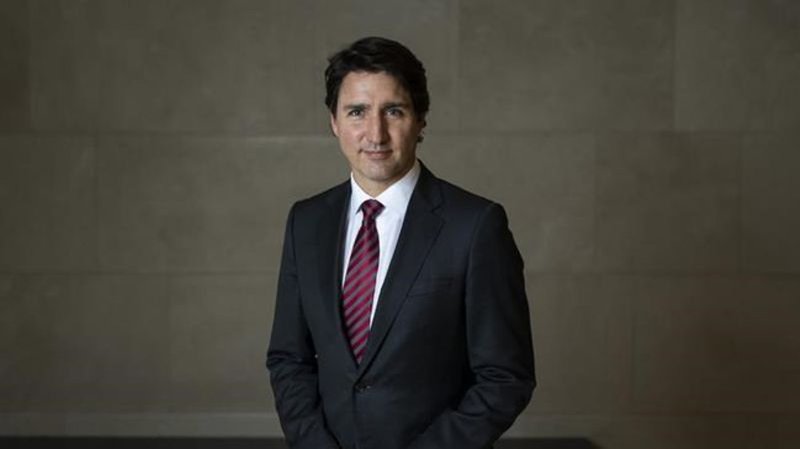
Canada, allies must confront China challenge united after two Michaels: Trudeau
OTTAWA — Canada owes no debts to its allies, including the United States, for their help in standing up to China and bringing the Meng Wanzhou-two Michaels affair to a close, says Prime Minister Justin Trudeau.
Canada and the U.S. resolved the nearly three-year standoff with China by holding firm to their shared belief in the “rules-based” international order, and that united approach will be key to confronting the challenges posed by China in the future, Trudeau said in a year-end interview with the Ottawa bureau of The Canadian Press.
Two imprisoned Canadians, Michael Kovrig and Michael Spavor, were released in September after more than 1,000 days in Chinese prisons after American authorities abandoned their prosecution of Meng, a top Huawei executive that Canada arrested on an American extradition warrant in December 2018.
Kovrig and Spavor’s imprisonments were widely seen as retaliation for Canada’s arrest of Meng so the Americans could force her to stand trial for allegedly violating trade sanctions with Iran.The long saga came to end when the U.S. withdrew its extradition request for Meng and entered into a deferred prosecution agreement.
